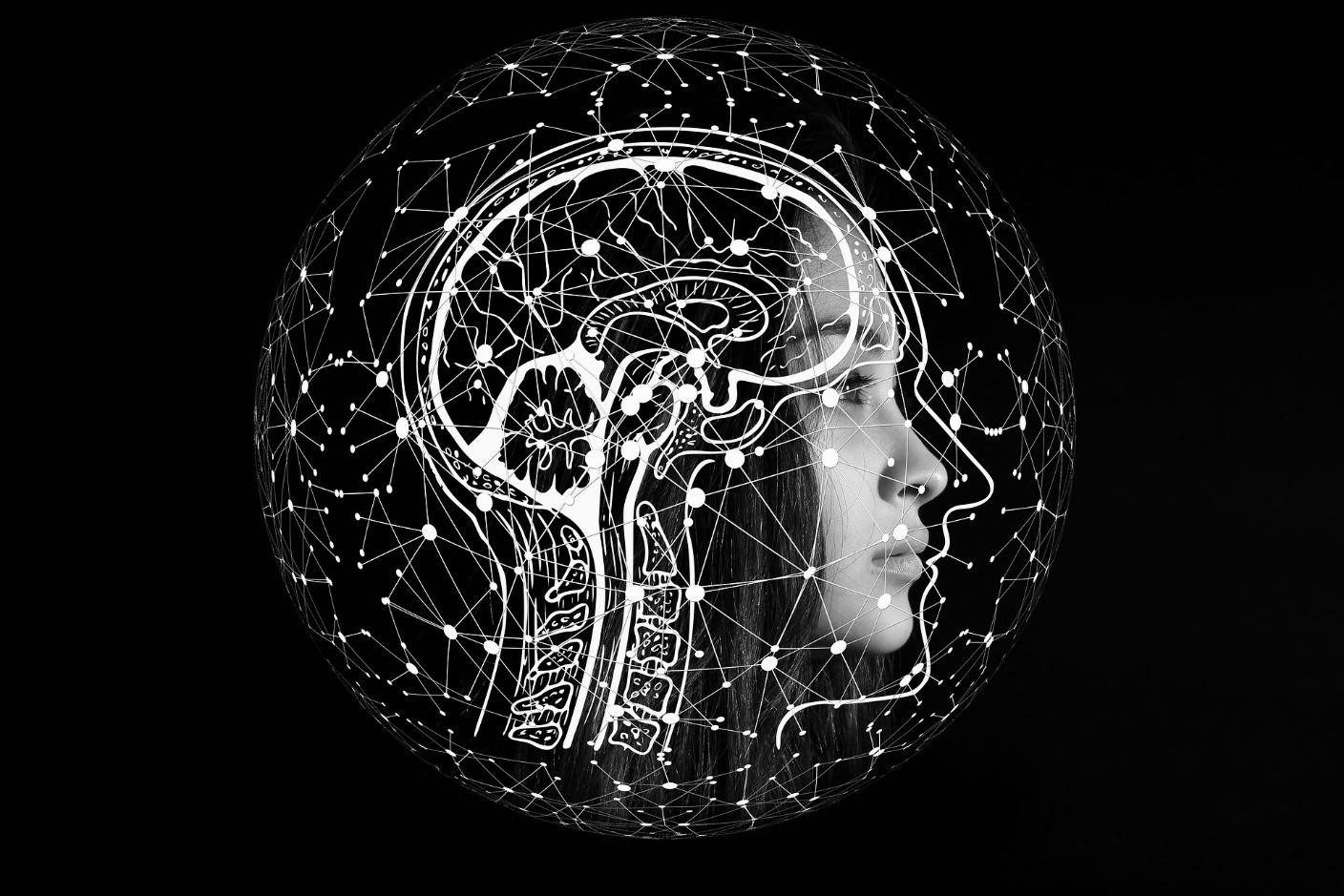A Complete Guide About Privacy Concerns with AI in Healthcare
7Newswire
24 Jan 2023, 08:37 GMT+10

The use of AI in healthcare has become increasingly widespread over the last few years due to its potential benefits. For example, medical imaging analysis can reduce wait times for diagnosis by automatically detecting abnormalities or diseases based on images taken from a patient's scan. Similarly, EHRs can enable physicians to quickly access patient health information which can help them provide better care. Additionally, automated systems such as chatbots or virtual assistants can help patients book appointments or find information about their condition more easily than before.

AI has the potential to revolutionize healthcare from its application in helping diagnose diseases to predicting patient outcomes. But there are some privacy considerations that need to be taken into account. First, HIPAA requirements must be met so that medical records and other sensitive data remain secure and have proper safeguards in place. In addition, care must be taken when training algorithms so as not to introduce any bias such as gender or race, since this would lead to potentially unfair or inaccurate results. Finally, error avoidance is key since any mistakes in training data could cause misdiagnoses or incorrect treatments being given unintentionally.
The potential of AI in healthcare is clear, but careful attention must be paid to these privacy concerns to ensure HIPAA compliance and accuracy of results. With the emergence of artificial intelligence (AI) in the health care industry, privacy concerns have come to light. Healthcare providers need to ensure patient safety and privacy by implementing appropriate security protocols that protect sensitive data. This article addresses the major privacy issues associated with AI in healthcare, as well as ways to help address them.
Data Security and Implementation Issues
Healthcare organizations rely on digital information to provide patient care and store it securely. However, due to the large amount of data being stored, there is a risk that it could be compromised if not properly secured. Additionally, implementation issues can arise when using AI-based technologies such as facial recognition or voice recognition systems. These implementations can lead to further privacy breaches if they are not configured correctly or used without proper authorization from patients.
Ethical Implications of Data Storage Practices
The ethical implications of data storage practices must also be taken into consideration when using AI in healthcare. Medical information is highly sensitive and its misuse can cause serious harm to patients. As such, healthcare providers must ensure that data storage practices are compliant with privacy standards and regulations, including HIPAA and GDPR. Furthermore, medical records must be kept secure at all times, with access restricted to authorized personnel only.
Balancing Health Data Privacy and Accessibility
Another challenge is balancing health data privacy with accessibility for both patients and medical professionals alike. While sharing health data between doctors can improve diagnosis accuracy, it also increases the risk of unauthorized access or manipulation of patient records. To address this issue, healthcare organizations should implement strong authentication protocols for accessing digital health records as well as put safeguards in place for preventing unauthorized access or sharing of personal information between different parties.
Protecting Patient Privacy and Securing Digital Data
Additionally, protecting patient privacy involves more than just strong authentication protocols; it also entails making sure that any digital information is kept confidential at all times. Healthcare providers should make sure employees are trained on how to maintain confidentiality when storing patient records online or over a networked system; they should also regularly test their networks for security vulnerabilities that could potentially lead to a breach of private information.
Enormous Amounts of Personal Data Being Collected
In addition to security concerns, another major problem associated with AI in healthcare is the fact that it collects vast amounts of personal data from patients without their consent or knowledge - raising questions about ethical considerations related to informed consent and autonomy rights within medical research studies involving technology use in health care settings.. As such, researchers need to ensure they obtain informed consent from patients before collecting any personal data through an AI-based system; additionally, they should also ensure that any collected information is anonymized before being shared with other parties for analysis purposes - which will help reduce potential instances where individual's private information could be misused or abused by outside parties who have gained access to the data set without permission from the original sources.
Potential for Abuse of Private Information
Finally, another concerning issue is the potential for abuse of private health-related information by third parties once collected through an AI-based system - whether intentionally or unintentionally stored online or shared between different entities without proper authorization from those individuals involved (e.g., doctors and insurance companies). To counter this threat, government regulations need to be implemented which protect an individual's right to medical privacy while still allowing responsible use of technology within healthcare settings; additionally these regulations should include sanctions against organizations who fail comply with established standards surrounding personal data protection and confidentiality laws - thus helping ensure long-term accountability amongst those institutions overseeing usage, collection, analysis, storage, sharing activities related AI implementation within medical contexts today.

Final Thoughts:
In conclusion, the protection of health data privacy and security is a complex issue that has numerous implications. There are a variety of factors to consider when dealing with health data, such as data security and implementation issues, ethical implications related to data storage practices, the need to balance privacy and accessibility, protecting patient privacy and securing digital data, the immense amount of personal data being collected, and the potential for abuse of private information. It is essential for organizations handling confidential health information to understand these concerns and build secure systems that prioritize protecting patient information.
Additionally, organizations must develop policies in accordance with regulations from national or international authorities regarding how data should be managed and processed. Lastly, organizations should establish an audit system to ensure their protocols are up-to-date and compliant with current requirements. Doing so will help protect individuals' private health information from potential breaches or misuse that could lead to long-term consequences. Share
Share
 Tweet
Tweet
 Share
Share
 Flip
Flip
 Email
Email
Watch latest videos
Subscribe and Follow
Get a daily dose of Buffalo Breeze news through our daily email, its complimentary and keeps you fully up to date with world and business news as well.
News RELEASES
Publish news of your business, community or sports group, personnel appointments, major event and more by submitting a news release to Buffalo Breeze.
More InformationBusiness
SectionRussia among 4 systemic risk countries for Italian banks
MILAN, Italy: Italian regulators have flagged four non-EU countries—including Russia—as carrying systemic financial risk for domestic...
US debt limit raised, but spending bill fuels fiscal concerns
NEW YORK CITY, New York: With just weeks to spare before a potential government default, U.S. lawmakers passed a sweeping tax and spending...
Shein hit with 40 million euro fine in France over deceptive discounts
PARIS, France: Fast-fashion giant Shein has been fined 40 million euros by France's antitrust authority over deceptive discount practices...
Meta hires SSI CEO Gross as AI race intensifies among tech giants
PALO ALTO/TEL AVIV: The battle for top AI talent has claimed another high-profile casualty—this time at Safe Superintelligence (SSI),...
Engine defect prompts Nissan to recall over 443,000 vehicles
FRANKLIN, Tennessee: Hundreds of thousands of Nissan and Infiniti vehicles are being recalled across the United States due to a potential...
Microsoft trims jobs to manage soaring AI infrastructure costs
REDMOND, Washington: Microsoft is the latest tech giant to announce significant job cuts, as the financial strain of building next-generation...
United States
SectionRussia among 4 systemic risk countries for Italian banks
MILAN, Italy: Italian regulators have flagged four non-EU countries—including Russia—as carrying systemic financial risk for domestic...
Weapons pause by Trump signals shift away from foreign wars
WASHINGTON, D.C.: President Donald Trump is drawing praise from his core supporters after halting key arms shipments to Ukraine, a...
US debt limit raised, but spending bill fuels fiscal concerns
NEW YORK CITY, New York: With just weeks to spare before a potential government default, U.S. lawmakers passed a sweeping tax and spending...
Meta hires SSI CEO Gross as AI race intensifies among tech giants
PALO ALTO/TEL AVIV: The battle for top AI talent has claimed another high-profile casualty—this time at Safe Superintelligence (SSI),...
US sends message by publicizing visa ban on UK punk-rap band
WASHINGTON, D.C.: The Trump administration has made public a visa decision that would usually be kept private. It did this to send...
Engine defect prompts Nissan to recall over 443,000 vehicles
FRANKLIN, Tennessee: Hundreds of thousands of Nissan and Infiniti vehicles are being recalled across the United States due to a potential...









